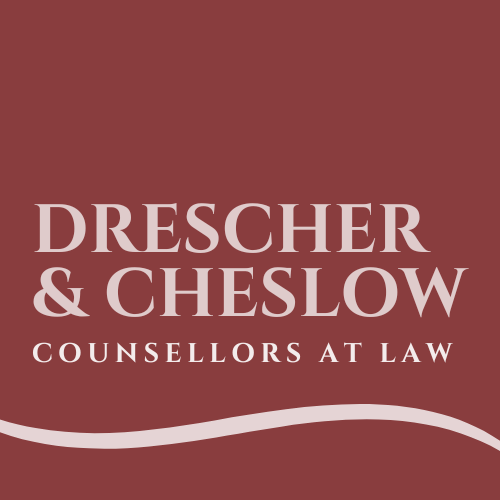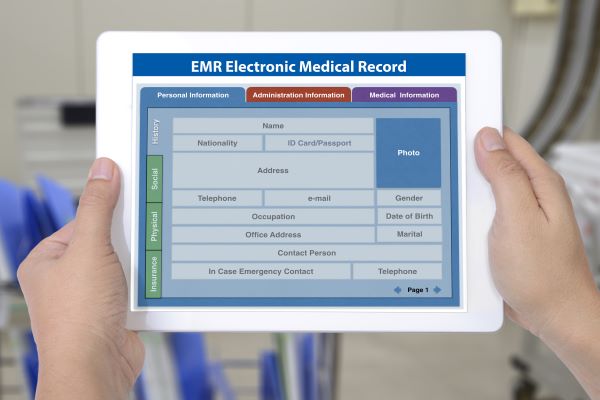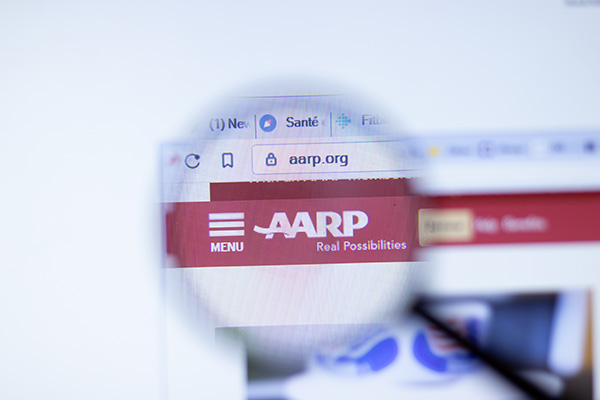Digital technology continues to make our daily lives more efficient. Everyday smartphones, tablets, and other…
The New Jersey Family Collaborative Law Act Monmouth County, NJ
Collaborative Law Act Monmouth County, NJ
On September 10, 2014 Governor Christie signed into law the New Jersey Family Collaborative Law Act. Collaborative law (also called collaborative practice, divorce, or family law) is a legal process enabling you and your spouse or partner the support, protection, and guidance of your own lawyers in order to avoid the uncertain outcome of court and to achieve a settlement that best meets the specific needs of both parties and their children without the underlying threat of contested litigation. This law takes effect in New Jersey December 9, 2014, ninety days after it was signed into law.
With a collaborative approach, each party selects an attorney of their own choosing and commits to working outside of the court system to develop a settlement. Because the clients agree not to go to court, the process itself can be more open and less adversarial. The lawyers are used in a much more focused way in their capacity as problem solvers and knowledgeable divorce professionals. The goal is to enhance communication throughout the process and lay the groundwork for a healthier post-divorce relationship between the parties.
Unlike a litigated divorce, a collaborative divorce gives the parties control of when, where, how often and how long they need to meet for each negotiation session. In addition, the collaborative divorce professionals are always looking for a way to advance both parties interests in a mutually beneficial way. The win-lose mentality of litigating in Court is dispensed with, in favor of a collaborative team working with each other, not against each other, to craft a mutually beneficial solution. Often, the first step of the process is to create a framework for effective communication that enables the building of a fair settlement framework and the trust needed for both parties to commit to that settlement.
The new law has the salutary effect of providing confidentiality to the collaborative process and for all those that participate in it, so that there is a privilege from disclosure of collaborative law communications made during the collaborative process. This enables the clients, their attorneys, and all other non-party participant, such as a neutral expert that participate in a collaborative case, to participate in a candid and open fashion in order to facilitate the resolution of a family law dispute.
For more information concerning the family law collaboration process, please contact any of our professional team members at Collaborative Divorce Professionals of New Jersey. Our team professionals can be found at NJCollaborativeProfessionals.com.



